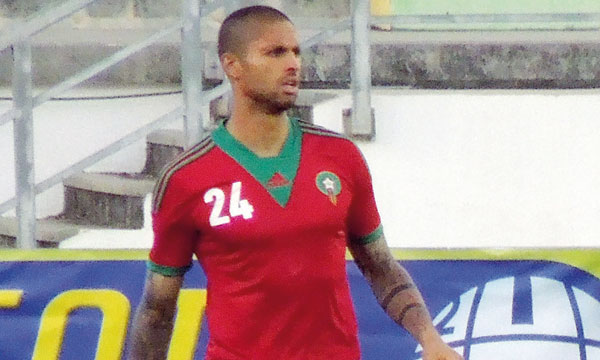World Cup 2014: Brazil Lifts Alcohol Ban in Stadiums, Sparking Controversy
As Brazil prepares to host the 2014 FIFA World Cup, one of the government’s decisions has ignited strong backlash: the lifting of a long-standing ban on alcohol sales in stadiums. The move overturns a 2003 Brazilian law that prohibited alcohol consumption in football venues, citing public safety concerns.
The decision, which permits the sale of alcoholic beverages in stadiums during the tournament, has been heavily criticised by health and safety advocates. One of the strongest reactions came from Germany, where Raphael Gassman, director of the German Centre for Addiction Issues (DHS), publicly condemned the move.
“This is a health, political, and security scandal,” Gassman said during a press conference in Berlin. He warned that the decision could endanger public order and set a dangerous precedent, especially in a sport that already struggles with issues related to alcohol-fueled violence and disorder.
Critics argue that FIFA, under pressure from major sponsors—particularly beer companies—lobbied heavily to ensure alcohol would be available during matches, prioritising commercial interests over public health and safety. Gassman called for a “shift in mindset” within both national and international football governing bodies.
“Economic interests must not outweigh the health and safety of spectators,” he stated, urging federations to put well-being ahead of profit.
Brazil’s decision reflects the complexities of hosting a global sporting event. While tournament organisers aim to meet sponsor obligations and enhance the fan experience, they also face mounting pressure to uphold public safety and respect existing legislation.
With millions expected to attend matches across Brazil, the reintroduction of alcohol sales will be closely watched, especially given the country’s history of football-related crowd trouble. Security forces are expected to be on high alert throughout the competition to manage any risks associated with alcohol consumption.
The World Cup kicks off amid growing concerns over the balance between business interests and public welfare—a debate that is likely to continue well beyond the final whistle.











